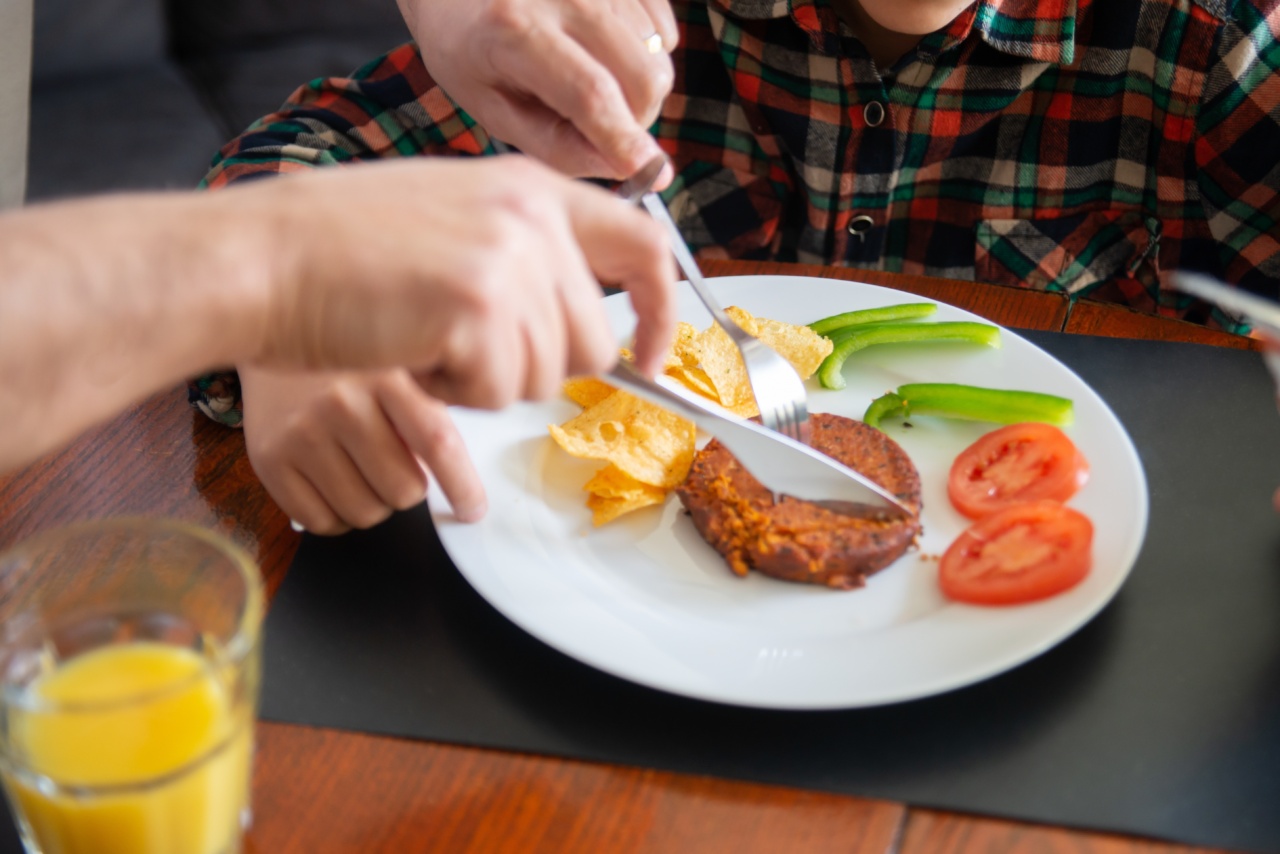Are you tired of feeling guilty every time you indulge in your favorite food? Do you constantly battle with food guilt, not knowing how to eat without remorse? Don’t worry; we’ve got you covered.
In this ultimate guide to guilt-free eating, we’ll show you how to ditch the guilt and enjoy your meals without any remorse.
What is Guilt-Free Eating?
Guilt-free eating is all about developing a healthy relationship with food. It involves letting go of the guilt and shame that comes with indulging in your favorite food and learning to eat with intention.
It’s about nourishing your body with healthy, wholesome food while still allowing yourself to enjoy the occasional treat.
Why is Guilt-Free Eating Important?
Many individuals struggle with food guilt and shame, which can lead to negative self-talk, body image issues, and disordered eating habits. Guilt-free eating is essential because it helps to break this cycle.
It allows you to enjoy your food without the guilt and shame that often accompany it. Moreover, it helps you to develop a healthy relationship with food and your body.
Tips for Guilt-Free Eating
Here are our top tips for guilt-free eating:.
1. Give Yourself Permission
The first step to guilt-free eating is to allow yourself to enjoy your food without restriction or shame. Give yourself permission to indulge in your favorite treats without feeling guilty.
2. Practice Mindful Eating
Mindful eating involves being present and fully engaged during meal times. It involves being aware of your hunger and fullness cues, savoring each bite, and paying attention to the taste, texture, and aroma of your food.
Mindful eating helps to prevent overeating and helps you to make healthier food choices.
3. Choose Whole Foods
Whole foods are minimally processed and are packed with nutrients that nourish your body. They include fruits, vegetables, whole grains, nuts, and seeds.
Choosing whole foods over processed and junk foods helps to keep you healthy while still allowing you to indulge in your favorite treats.
4. Don’t Label Foods as Good or Bad
Labeling foods as good or bad creates a negative relationship with food. It leads to guilt and shame when you indulge in the “bad” foods. Instead, try to view all foods as nourishing and enjoyable.
This mindset helps to break the cycle of guilt and shame associated with food.
5. Practice Self-Care
Self-care involves taking care of your body and mind. It includes engaging in activities that reduce stress, getting enough sleep, and exercising regularly.
Practicing self-care helps to improve your mood and overall well-being, which makes it easier to make healthy food choices.
6. Listen to Your Body
Your body knows what it needs, so it’s essential to listen to it. Pay attention to your hunger and fullness cues, and eat when you’re hungry and stop when you’re full.
Listening to your body helps you to make healthier food choices and prevents overeating.
7. Don’t Starve Yourself
Restrictive diets and starvation lead to binge eating, which creates a negative relationship with food. It’s essential to fuel your body with enough food to keep you going throughout the day.
Eat regular, balanced meals and snacks to prevent hunger and overeating.
8. Enjoy Your Food
Food is meant to be enjoyed, so don’t forget to savor every bite. Allow yourself to enjoy your food without any guilt or shame.
9. Don’t Compare Yourself to Others
Comparing yourself to others creates unrealistic expectations that lead to unhappiness and discontent. Trust yourself and your body and avoid comparing yourself to others regarding food choices and body size.
10. Seek Professional Help
If you’re struggling with food guilt and shame, don’t hesitate to seek professional help. Eating disorders and disordered eating habits are serious issues that require professional intervention.
Don’t suffer in silence; seek help to develop a healthy relationship with food and your body.
Conclusion
Guilt-free eating is all about developing a healthy relationship with food and your body. It involves letting go of the guilt and shame associated with food and learning to eat with intention.
By practicing mindful eating, choosing whole foods, and engaging in self-care, you can enjoy your food without any guilt or shame. Remember to listen to your body, avoid restrictive diets, and seek professional help if needed. Always eat with joy, not guilt!.































